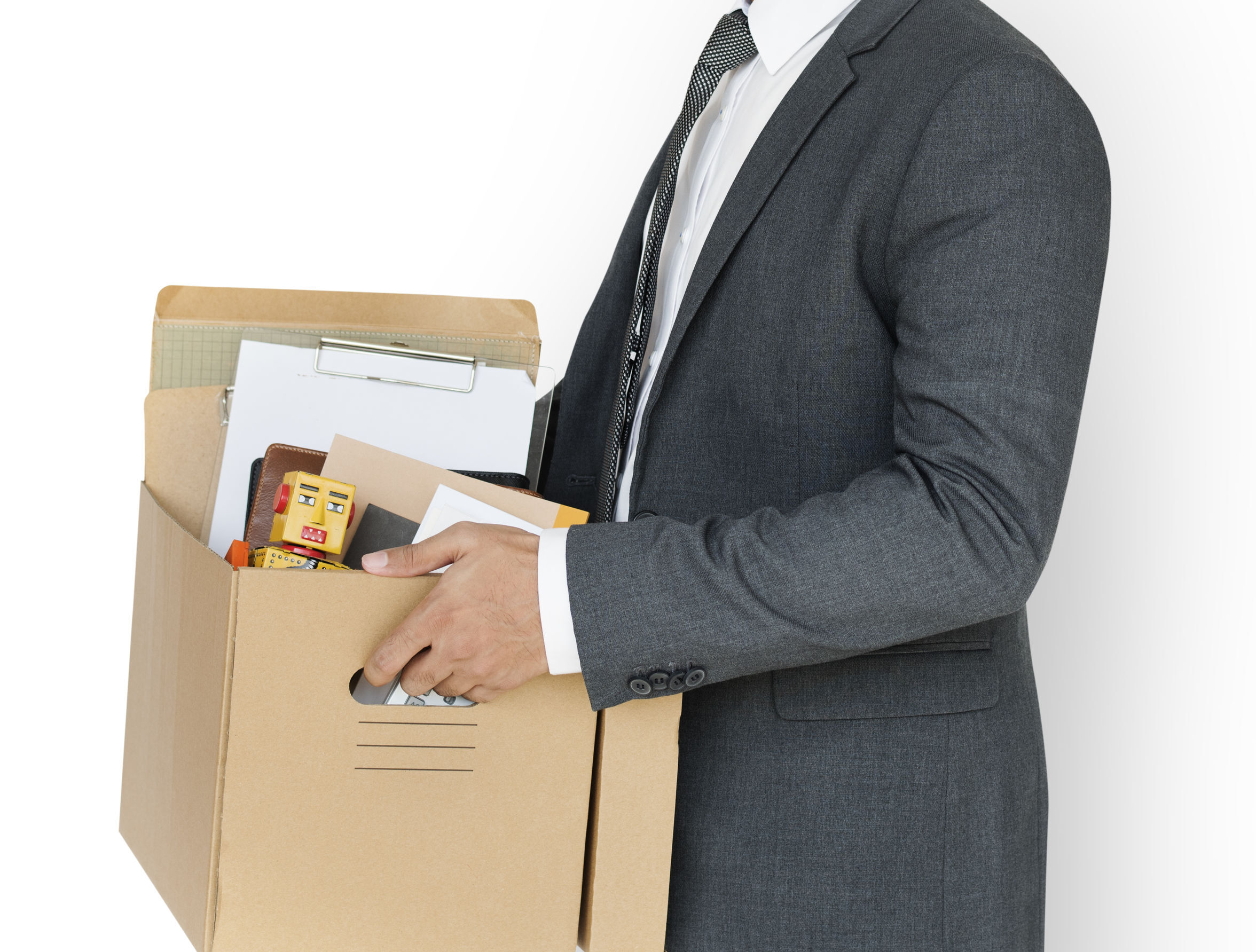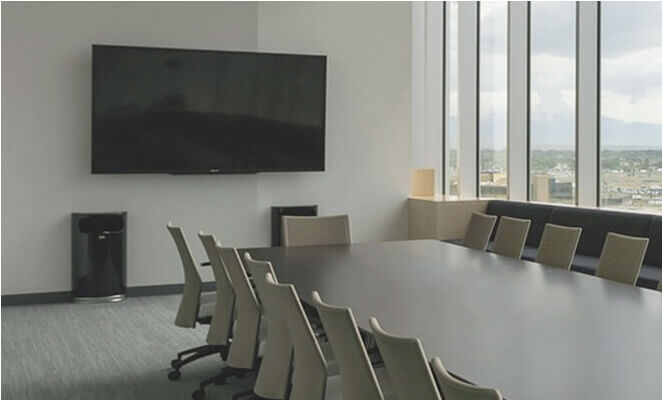October 2015: Property Owners: Manage Your Risk Of Being Sued
What happens if someone is injured or killed, or suffers some other form of loss on your property? Three recent court cases highlight your risk of liability for any potential dangers that you don’t take reasonable steps to avoid.
Case 1: The landlord, the holiday let and the visitor who fell from the stairs
(Extract from judgment)
Letting out your holiday home to a tenant may be a lucrative option if you are holidaying elsewhere, but consider what happened to this landlord:–
Case 2: Developer and HOA liable for a father’s manhole mishap
(Extract from judgment)
Our next case is set in a residential estate which hosted a New Year’s Eve party featuring a fireworks display.
The estate’s developer and HOA (Home Owner’s Association) were sued in the High Court by a father who, having taken his children to see the fireworks, left the party at about 11 p.m. and fell into an open manhole. He needed stitches for a 12cm cut on his leg.
The facts surrounding the incident were hotly disputed, but the High Court in the end found that:–
The Court accordingly held the developer and HOA negligent and liable for the father’s damages.
Case 3: The tragic case of the toddler and the fish pond
(Quoted in the judgment)
This case issues a strong warning to parents of young children as well as illustrating how a property-owner’s liability can be managed:-
Dismissing the claim, the Court held that whilst clearly the owners had a legal duty to take reasonable steps to protect the child from harm or injury on their property, the warning they had issued to the parents was sufficient for them to have complied with that duty. The owners were entitled to expect the parents to supervise their child accordingly. It would place an unfair duty on property owners said the Court, and would discourage social interaction, to expect an owner “to go beyond reasonable means in order to make his or her property safe”.
Importantly, although the pond was held to be a deviation from the approved building plans the deviation was only a “minor” one, and it was constructed before strict new safety regulations for pools and ponds came into effect.
So as a property owner, what should you do?
For the full article, View our Newsletter now
Case 1: The landlord, the holiday let and the visitor who fell from the stairs
“The lack of protection on the garage side of the stairs below the gate was an inherently dangerous state of affairs ….”
(Extract from judgment)
Letting out your holiday home to a tenant may be a lucrative option if you are holidaying elsewhere, but consider what happened to this landlord:–
- The owner of a seaside holiday home, built on a steep hillside and accessed from the road via a long staircase, let it out to tenants over the Festive Season.
- Two relatives of the tenants visited them there on Christmas Eve.
- Leaving the house at about 11 p.m., one of the visitors lost her balance and fell from the stairs at a point where there was no handrail.
- She claimed damages from the landlord for her injuries.
- At first the landlord denied any negligence but eventually she accepted liability, arguing only that the visitor was also negligent and therefore partly responsible for her own fall. Accordingly, said the landlord, the Court should apportion damages between them.
- Holding however that the landlord had failed on the facts to establish any contributory negligence by the visitor, the Supreme Court of Appeal confirmed a High Court order that the landlord was 100% liable for the damages.
- The Court also warned against ignoring a danger on your property just because it has never caused a problem before. The fact that no-one had ever previously fallen off the stairs was irrelevant – “there is” said the Court “a first time for everything and the mere fact that no-one else had previously suffered a similar fate does not excuse the [landlord] from the consequences of her failure to render that portion of the stairway safe.”
Case 2: Developer and HOA liable for a father’s manhole mishap
“A person who creates a situation which could cause a foreseeable injury to another person's property or person, should take reasonable steps to guard against such occurrence”
(Extract from judgment)
Our next case is set in a residential estate which hosted a New Year’s Eve party featuring a fireworks display.
The estate’s developer and HOA (Home Owner’s Association) were sued in the High Court by a father who, having taken his children to see the fireworks, left the party at about 11 p.m. and fell into an open manhole. He needed stitches for a 12cm cut on his leg.
The facts surrounding the incident were hotly disputed, but the High Court in the end found that:–
- The open manhole was not, as claimed by the developer and HOA, cordoned off by danger tape.
- The father was not intoxicated as claimed (he admitted only to having had “a few beers” during the course of the evening).
The Court accordingly held the developer and HOA negligent and liable for the father’s damages.
Case 3: The tragic case of the toddler and the fish pond
“…..an infant is afraid of nothing and in danger of everything when left to his own devices”
(Quoted in the judgment)
This case issues a strong warning to parents of young children as well as illustrating how a property-owner’s liability can be managed:-
- A child who had just started walking accompanied her parents on a visit to a friend’s house.
- The owners had warned the parents of the danger posed by their fish pond.
- The child fell into the pond and despite resuscitation suffered severe and permanent brain damage.
- The father sued for damages.
Dismissing the claim, the Court held that whilst clearly the owners had a legal duty to take reasonable steps to protect the child from harm or injury on their property, the warning they had issued to the parents was sufficient for them to have complied with that duty. The owners were entitled to expect the parents to supervise their child accordingly. It would place an unfair duty on property owners said the Court, and would discourage social interaction, to expect an owner “to go beyond reasonable means in order to make his or her property safe”.
Importantly, although the pond was held to be a deviation from the approved building plans the deviation was only a “minor” one, and it was constructed before strict new safety regulations for pools and ponds came into effect.
So as a property owner, what should you do?
- Your first and best line of defence of course is to maintain your property in as safe a condition as possible. Legal considerations aside, no one wants to be responsible for a serious injury or death.
- Take all “reasonable steps” to avoid danger to visitors, including issuing warnings where applicable. There are no hard and fast rules here - all the circumstances of each case will be taken into account.
- Comply with all national and local building and safety regulations. Failure to do so greatly increases your risk of being found guilty of negligence.
- Ask your attorney about indemnity/disclaimer/exemption notices on your property and in all leases and other property contracts. Just bear in mind their limitations - in the second case for example a general disclaimer notice at the entrance to the estate was conceded by the owners to be ineffective in the circumstances. Disclaimers are particularly hard to enforce when constitutional considerations or the Consumer Protection Act apply.
- Last but certainly not least, check that your insurance cover is wide enough to encompass any possible claim.
For the full article, View our Newsletter now


